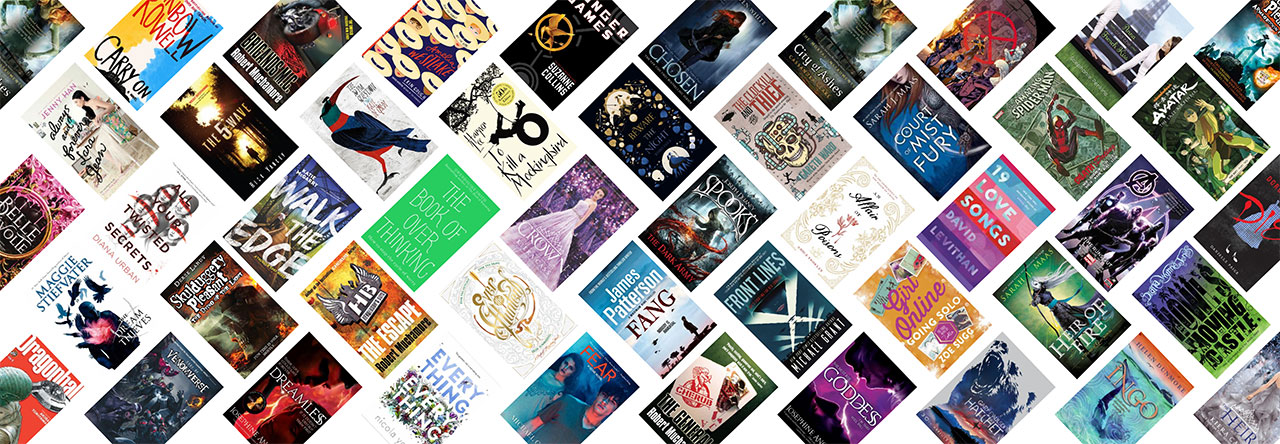Let me introduce you to the wonder that is the Oxford English Dictionary Online. And I mean that! The OED online really is a thing of wonder, a remarkable resource, a superb site, and you have full access to it through us here at Wellington City Libraries!
To get into the OED online, just go to the eLibrary tab at the top of our website, select ‘By name’, then look under ‘O’ for ‘Oxford’. Or you could just click here.
Now you’re in, but maybe you’re not sure how it works. Luckily, that’s what I’m here for.
One of the simplest uses for the OED online is to look up a word you don’t know how to pronounce.
You know how it is, you’re reading a book, you learn a new word, you’ve never heard it said aloud, and English can be an awful language for guessing the proper pronunciation. How are you meant to know how it’s said?
Ah, how could I forget the hilarity that ensued when one of my friends foolishly and confidently and in front of me mispronounced the word ‘entrepreneurs’. She said ‘on-tray-pruners’, I laughed, and I have never forgotten it. But you can avoid such foolishness by going to the OED, searching this new addition to your vocabulary, and listening to the handy recording the OED provides for every word. See, here’s the entry for ‘entrepreneur’, with several handy blue play buttons that you can click on to listen to and never embarrass yourself with foolish pronunciation again!
Another really rad thing about the OED online is all the historical and etymological information they provide. If you’re a word nerd or just like knowing cool facts about cool stuff it can be fascinating to read through the entries and discover how meanings have changed over the years.
Did-you-know-for-example that the work ‘lemony’ used to have another meaning in NZ slang? See, it’s all written here with several examples of this older usage:
If, like me, you ever find yourself in ferocious debate with your friends over the meaning, etymology, or older spelling of a word then this is the place to go to get your proof. And hopefully your friend won’t go lemony at you when you prove them wrong!
There are other cool things to explore too, such as this interactive explanation of how a word enters the OED, or you can discover which words are the same age as you, or even submit your own word!
You can search for certain words, or browse by the date a word was added, or search for words that originated in a certain location, or look through all the sources the OED uses for historical evidence of what words used to mean. If you think any of this could be useful for a project at school then they do have a page with a bit more information on it for you.
If not for the OED online I would never have been looking through quotations from my old favourite Beowulf and I would never have discovered that Beowulf has the first recorded evidence of the word ‘blonk’! A blonk is, of course, one of those four-legged animals that goes ‘neigh’. Now, alas, this word is obsolete and we use another word to refer to this animal. But ‘elf’ was also first used in Beowulf, and we still use that word!
Anyway, I hope I’ve managed to get you even just a little bit excited in the Oxford English Dictionary Online. Now you have all you need to go and learn all about archaic meanings, obsolete words, and much more!





